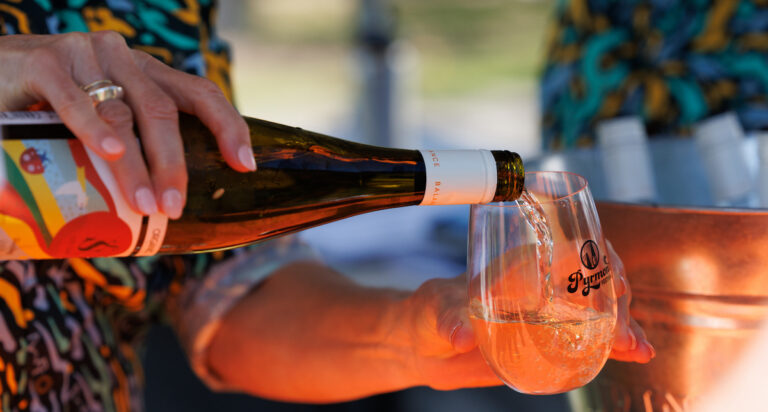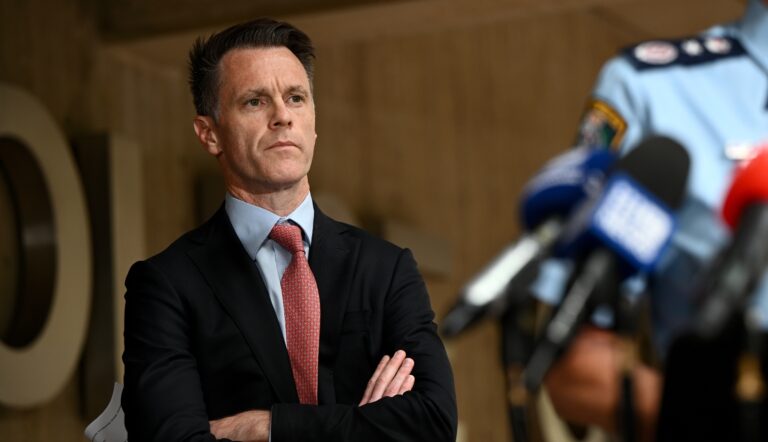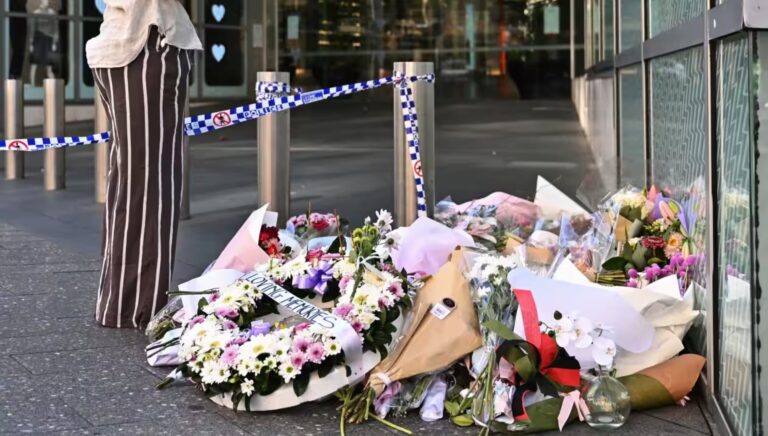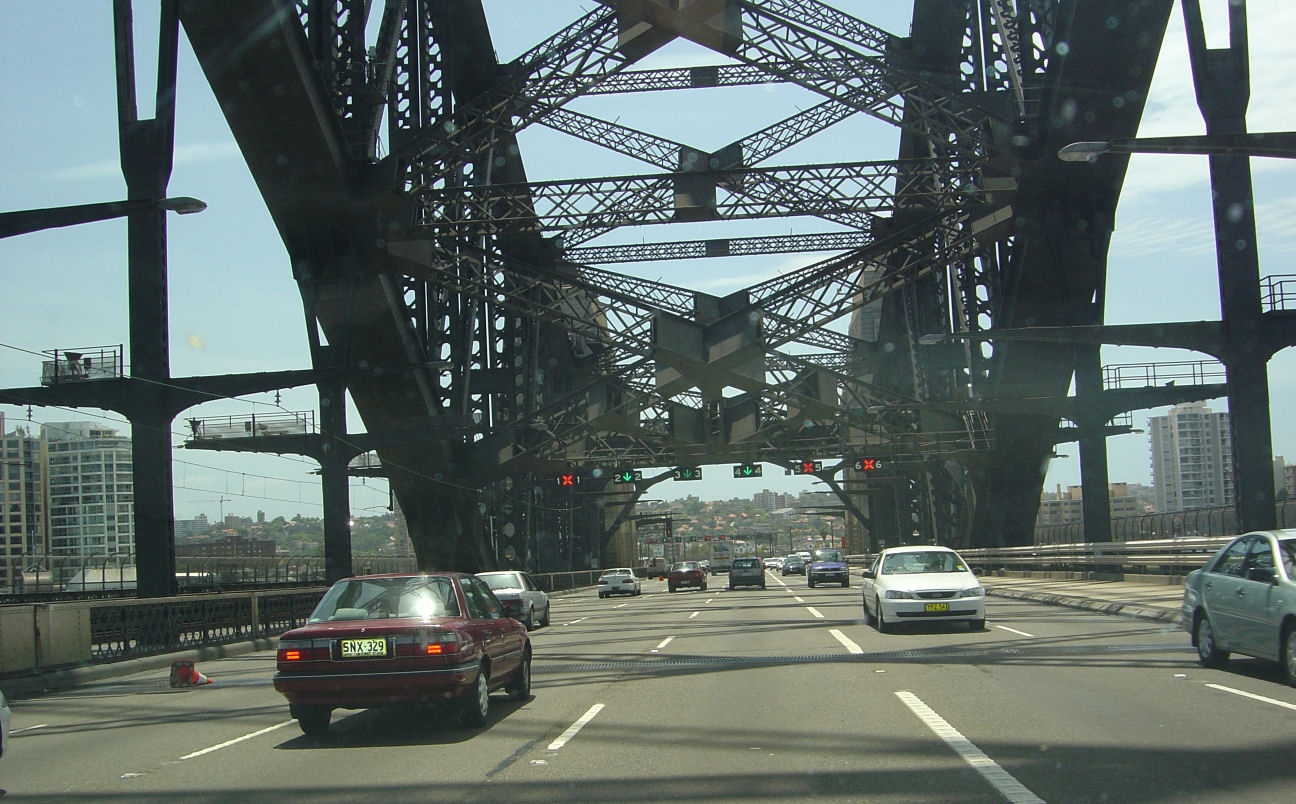
Drug doubt cops strip-search girls

BY ALEC SMART
On November 8, NSW Deputy Coroner Harriet Grahame released her findings from the three-week inquest into six MDMA-related deaths of youths aged 18-23 at music festivals between Dec 2017 – Jan 2019. Grahame recommended the NSW Government radically alter its drug policy, including: halting strip-searching; ceasing the use of dogs to sniff suspects at festivals; the establishment of a national drug summit; and to consider decriminalising certain drugs.
“There is a need to reframe our main priority from reducing drug use to reducing drug death,” she told the packed hearing at NSW Coroners’ Court in Lidcombe. Grahame specifically urged Police Commissioner Mick Fuller to cease the NSW Police’s punitive approach to recreational drug users and focus instead on suppliers.
Test pills for toxicity
Grahame’s report also included her controversial recommendation to introduce pill testing at NSW music festivals. After considering evidence from a number of experts, she declared, “I am in no doubt whatsoever that there is sufficient evidence to support a drug checking trial.”
However, Grahame’s recommendation was firmly rejected by NSW Premier Gladys Berejiklian when it was leaked in October, who reprised her December 2018 assertion that it gave a ‘green light to drug users’. Berejiklian’s stance goes against the Australian Medical Asociation, the Royal Australian College of General Practitioners, National Alcohol and Drug Research Centre and former Federal Police Commissioner Mick Palmer, which all support the introduction of pill testing to festivals.
3,4-Methylenedioxymethamphetamine, known by its acronym MDMA but commonly referred to as ecstasy or molly, is a popular recreational drug that alters the mood and perceptions of its users. In its ‘pure’ synthetic form, typically taken as a tablet, it increases the activity of three brain chemicals, dopamine, porepinephrine and serotonin, giving users a surge in energy with heightened friendliness.
However, MDMA pills are often diluted with more toxic substances, including amphetamines laced with chalk, N-methoxybenzyl hallucinogens, ketamine (a controlled anaesthetic commonly used to tranquilise injured horses) and synthetic cathinones known as ‘bath salts’, which are cheaper to produce.
Unfortunately, these additives can trigger heart attacks, upset the body’s ability to regulate temperature, cause liver or kidney failure, and create blood clots leading to strokes.
Pill testing to determine if a drug is safe to ingest looks likely to be introduced on a trial basis in Victoria in 2020, backed by at least six of the 11 MPs in the state’s Upper House, despite opposition from Victorian Premier, Daniel Andrews.
The trial, which would include a mobile pill-testing facility at music festivals and a central fixed-site laboratory to test drugs of other users, would be reviewed after one year, with the possibility of extension to a four-year pilot.
Pill testing has been successfully trialled twice in Canberra at two consecutive Groovin The Moo festivals, in April 2018 and 2019. This year, over 230 revellers submitted small scrapings of their recreational drugs for analysis. Seven samples were found to contain the potentially lethal cathinone n-ethylpentylone, a cheaper substitute for MDMA linked to a number of deaths because it can cause hallucinations, blood circulation problems and lethal heart palpitations.
Strip-searches increasing, particularly girls
In her findings, NSW Deputy Coroner Grahame also revealed that NSW police had sought to stop her investigating strip-searches as part of the inquest. “The wholesale practice of strip-searching young people,” she concluded, was of “grave concern,” after learning that 91% of strip-searches over the last financial year were conducted on suspicion of drug possession.
“Given the number of times that searches occur when there is no emergency or risk of serious harm, one can only assume that many searches are conducted unlawfully, including many which occur at music festivals.”
The Deputy Coroner’s Nov 8 findings came directly after the police watchdog Law Enforcement Conduct Commission (LECC) held public hearings in October as part of its investigation into the allegedly illegal search of a 16-year-old girl at the 2018 Splendour in the Grass festival.
A male officer, who conducted 19 strip-searches at the event, revealed to the LECC inquiry that it was standard procedure for police to strip-search everyone that their sniffer dog indicated might be concealing drugs, even though the majority of those investigated had none on their person nor secreted in body cavities.
The inquiry learned that 512 personal searches occurred at the July 2018 event; 143 of those inspections were strip-searches; seven of them performed on children. The inquiry heard that several of the officers questioned were unsure of the legality of their strip-searching children.
The LECC also heard evidence that officers would pursue a strip-search if they determined someone was ‘nervous’.
The number of strip-searches in NSW has increased almost 20-fold in the past 12 years, from 277 conducted in the 12 months leading up to 30 Nov 2006, to a massive 5,483 in 2018. There was an almost 50 per cent increase in strip-searches between the financial years 2014-18.
Almost 300 minors, including a 10-year-old, were strip-searched by police over a two-year period between the financial years 2016-17 and 2017-18, which set an alarming precedence for the October 2019 revelation that the majority of those targeted for strip-searching were young women and girls.
Freedom of Information documents obtained in October by Redfern Legal Centre revealed that since 2016 there have been 3,919 strip-searches by NSW Police on women and girls in NSW.
Young women aged 25 and under accounted for almost half the searches, while the oldest woman strip-searched was 72 years old.
However, the most shocking revelation was that NSW Police strip-searched 122 girls under the age of 18, including two 12-year-olds, whom they made squat so they could part their buttock cheeks and peer beneath them.
Solicitor Samantha Lee, head of police accountability at Redfern Legal Centre, revealed that NSW Police took them to the NSW Civil and Administrative Tribunal to prevent these intrusive procedures being made public.
On 6 Nov NSW Police Minister David Elliot controversially defended his force’s practice of strip-searching children. “I’ve got young children and if I thought the police felt they were at risk of doing something wrong I’d want them strip-searched,” he declared, which was greeted with widespread horror and ridicule.
(It reminds one of the British politician who fed his daughter a hamburger on TV during the UK’s ‘Mad Cow’ inquiry into cows affected with BSE, amidst concerns that contaminated beef posed a danger to humans. The daughter later became a vegetarian.)
A police spokesperson declared: “People who are trying to hide such items frequently secrete them in private places, and the only way to locate them is by a strip-search, which may involve asking the person to squat.”
However, in only 28% of the strip-searches of women and girls was a ‘positive’ indication by a drug-sniffing dog used as a reason to undress them.
The Law Enforcement (Power and Responsibilities) Act 2002 “allows a police officer to undertake a strip-search where they suspect on reasonable grounds that it is necessary for the purposes of the search.” Yet in June 2019, the NSW Police Force’s Lessons Learned Unit (LLU) released a Nov 2018 internal report that admitted their officers breached their powers to conduct strip-searches. The document revealed: “The legislation provides no clear definition on the minimal level of clothing required to be removed to define a strip-search.”
The law fails to provide any clear guidance on the ‘seriousness and urgency’ that might justify a strip-search, and this allows police to widely interpret the law and instigate a strip-search when it may be illegal.
In their escalating war on drug users, this week the Federal Government planned to reintroduce a bill to the Senate to allow mandatory random drug testing of welfare recipients on Newstart and Youth Allowance, which would have seen thousands of unemployed tested for illicit substances.
If those tested in the three trial sites – Mandurah, 70km south of Perth, Logan in south-east Brisbane and Bankstown in south-west Sydney – gave positive readings for substances including MDMA, marijuana, cocaine or heroin they would be placed on a two-year quarantine program and future welfare payments would be made via a cashless debit card that came with spending restrictions.
However, despite the Liberal-National Party coalition siding with Pauline Hanson’s One Nation to try and enforce the bill, the collaborative efforts of Labor, the Greens, Nick Xenophon’s Centre Alliance and some independent senators will likely impede its progress.









